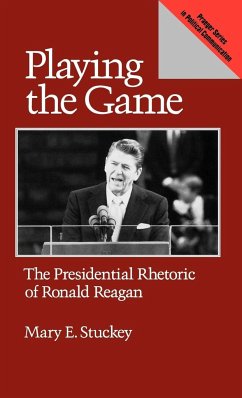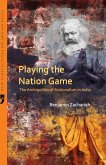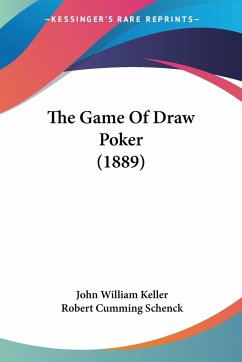Part of the Praeger Series in Political Communication, Playing the Game offers an exploration of the rhetoric of the Reagan Revolution. The book fully explores how the rhetoric supported, impeded, and affected Reagan's policy goals and political success. In this work, the author shows how Reagan's use of language in his public speech was instrumental in the creation of the Teflon Presidency, and how use of this language created a situation whereby the President would not remain unscathed forever--as was the case in 1986. Further, Stuckey shows how Reagan's rhetorical success was built around foreign policy events. From this premise, the book demonstrates why a foreign policy event (the Iran-Contra affair) provided the most conspicuous failure of the Reagan administration. The data for this volume includes speeches, remarks, addresses, statements, memorandums, and other forms of public speech during the Reagan years. The design of the book is both chronological and thematic, given the theme of the development of Reagan's rhetoric over time and the eventual exposition of its weakness. Following the introduction, the book presents an analysis of Reagan's relationship with the White House press corps. The second chapter details the first two years of the Reagan presidency and analyzes the learning process by examining both the smooth and rough spots of those years. The third chapter focuses on the foreign policy events of 1983-1985, and on how Reagan and his staff used those events to consolidate his personal standing. Chapter four provides an exegesis of the unraveling of that success between 1986-1988, and Reagan's increasing vulnerability to criticism. The book includes a summary of rhetorical aspects of Reagan's presidency and discusses lessons for the past and his legacy for the future. The concluding chapter focuses on Reagan's rhetorical legacy through an examination of the public speech of various candidates from the 1988 presidential election. This book should be of interest to scholars of American presidency in departments of communication, political science, and history.
Hinweis: Dieser Artikel kann nur an eine deutsche Lieferadresse ausgeliefert werden.
Hinweis: Dieser Artikel kann nur an eine deutsche Lieferadresse ausgeliefert werden.








